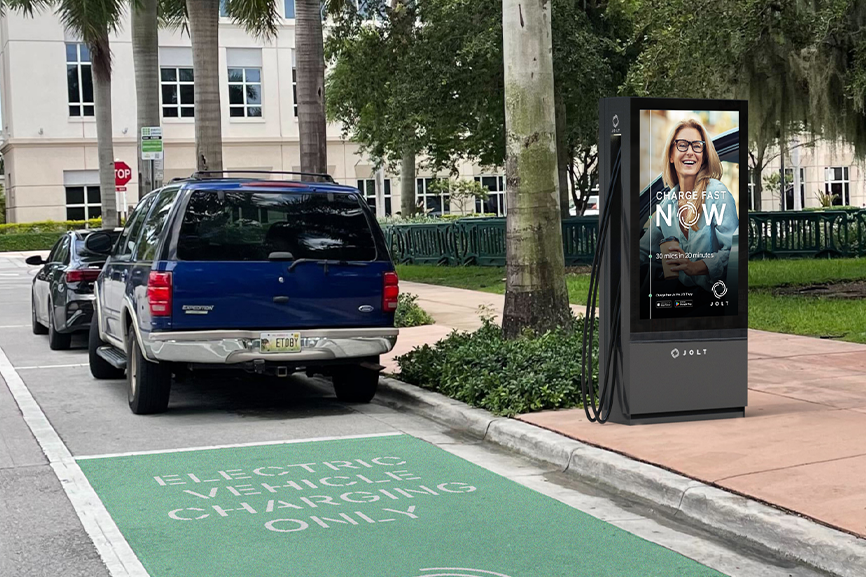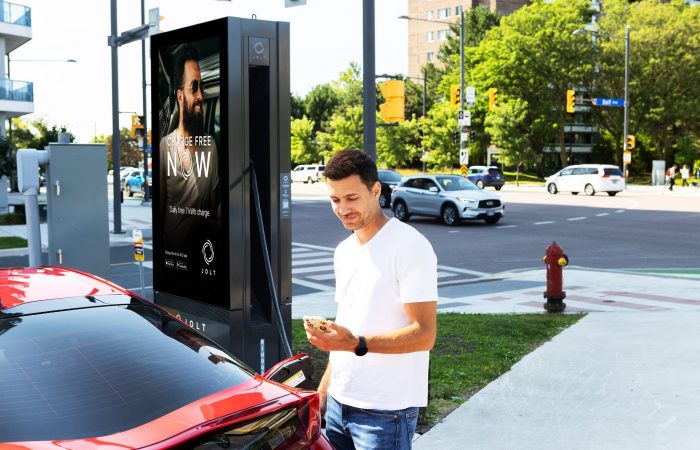Many Americans are choosing to buy electric vehicles instead of gas-powered vehicles. One of the most obvious reasons is increasing awareness over the need to help reduce the amount of carbon released into the atmosphere. Electric vehicles are also attractive to some people because of the performance they offer, while changes in the law will likely mean that gas-powered vehicles can no longer be bought in the next 15 years or so anyway.
As with most purchases, another deciding factor is cost. Electric vehicles are still relatively new, meaning few old, cheap options are available for people on a budget. Plus, new electric vehicles are currently more expensive than their gas-powered counterparts, at least until technological developments help bring the cost down.
However, the cost of buying an electric vehicle is just one part of the equation – the running costs also need to be considered. One factor influencing the running costs is that electric cars typically need less maintenance because they have fewer moving parts. Another is the fuel, and how much it costs to charge an electric car depends on certain criteria.
If you have a garage or driveway, you can charge your car at home just by plugging it into a socket. Additionally, you can buy chargers that will charge your vehicle faster. These chargers can be expensive and need to be considered when calculating overall costs.
If you’re charging from home, then the cost of charging your electric vehicle will depend on how much electricity costs where you are located. The average cost per kWh national is 13 cents/kWh, and most electric vehicles will travel about 3.4 miles per kWh. This means that somebody who charges their car at home at the national average rate for electricity and travels 1,000 miles a month will pay $44.20/month.
Charging From a Public Charger
For many people who cannot charge from home, using a public charger might be the only choice. However, some employers will provide electric vehicle chargers to their employees, often for free.
How much it costs to charge using a public charger in the US varies from state to state and according to which company provides the charging station.
Battery Capacity
The larger the battery your vehicle has, the more electricity it can store, meaning it will cost you more to charge. However, while you might be paying more to fill your battery, you will have more power to last you for your journey. Other factors include how powerful the motor is and how aggressively or otherwise you drive. Many electric vehicles also come with economy modes that help you reduce how much power you are using, albeit at the cost of performance.
It’s also worth bearing in mind that people won’t usually be charging an empty battery because there will be some power left most of the time. Hence, having a larger battery does not necessarily mean paying more to have a full battery in the morning.
Electric Vs Gas
When the discussion regarding the fuel costs of electric vehicles arises, most people really want to know how the cost compares to gas vehicles.
While the cost to run a gas vehicle will vary considerably from state to state, a 2018 study showed that the national average was $1,117/year. The lowest cost was $993 in Alabama, and the highest, $1,509, was in Hawaii.
However, for electric vehicles, the national average cost per year was $485. The lowest was just $367 in Louisiana, and the highest was $1,106 in Hawaii.
These figures make it on average $632 cheaper per year to fuel an electric vehicle than it does a gas vehicle. When also factor in decreased maintenance costs, it becomes easy to see how the higher initial cost of buying an electric vehicle can show a positive return on investment when compared to the lower cost of gas-powered vehicles
Summary
Driving an electric vehicle can save you hundreds of dollars a year compared to driving a gas-powered vehicle. The savings are likely to run into their thousands each year for people who regularly drive long distances. It’s also good to bear in mind that electric vehicle technology is still relatively new and, as it advances, will become less costly.



